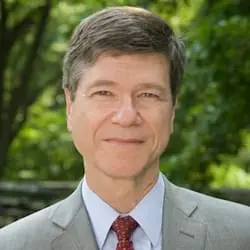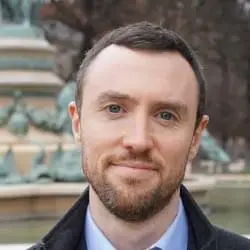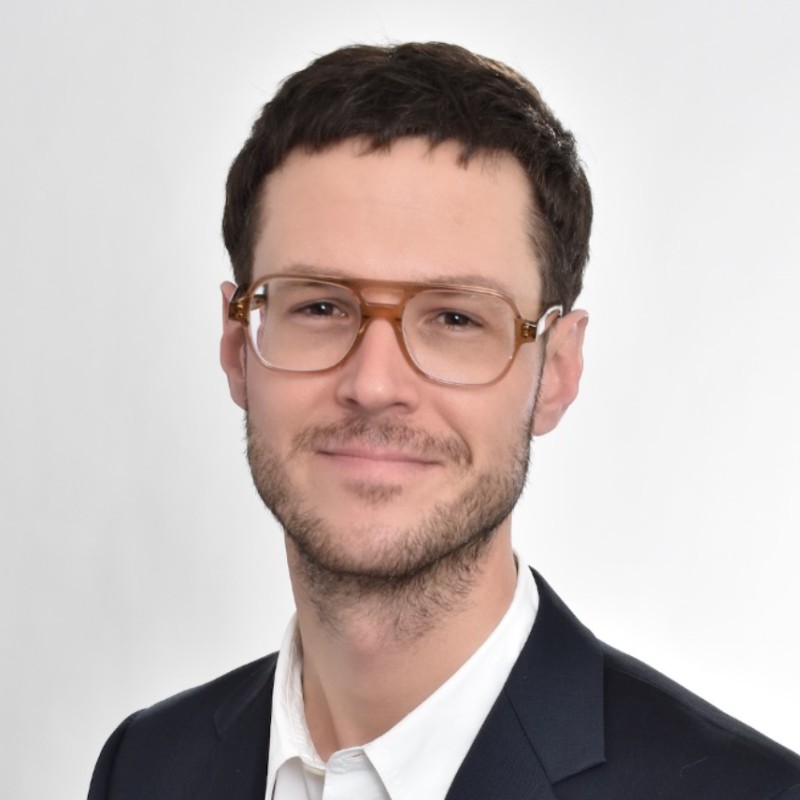More details
About the Authors
Prof. Jeffrey Sachs
Director, SDSN; Project Director of the SDG Index

Jeffrey D. Sachs is a world-renowned professor of economics, leader in sustainable development, senior UN advisor, bestselling author, and syndicated columnist whose monthly newspaper columns appear in more than 100 countries. He is the co-recipient of the 2015 Blue Planet Prize, the leading global prize for environmental leadership, and many other international awards and honors. He has twice been named among Time magazine’s 100 most influential world leaders. He was called by the New York Times, “probably the most important economist in the world,” and by Time magazine, “the world’s best known economist.” A survey by The Economist in 2011 ranked Professor Sachs as amongst the world’s three most influential living economists of the first decade of the 21st century.
Professor Sachs serves as the Director of the Center for Sustainable Development at Columbia University. He is University Professor at Columbia University, the university’s highest academic rank. During 2002 to 2016 he served as the Director of the Earth Institute. Sachs is Special Advisor to United Nations Secretary-General António Guterres on the Sustainable Development Goals, and previously advised UN Secretary-General Ban Ki-moon on both the Sustainable Development Goals and Millennium Development Goals and UN Secretary-General Kofi Annan on the Millennium Development Goals.
Guillaume Lafortune
Director, SDSN Paris; Scientific Co-Director of the SDG Index

Guillaume Lafortune took up his duties as Director of SDSN Paris in January 2021. He joined SDSN in 2017 to coordinate the production of the Sustainable Development Report and other projects on SDG data and statistics.
Previously, he has served as an economist at the Organisation for Economic Co-operation and Development (OECD) working on public governance reforms and statistics. He was one of the lead advisors for the production of the 2015 and 2017 flagship statistical report Government at a Glance. He also contributed to analytical work related to public sector efficiency, open government data and citizens’ satisfaction with public services. Earlier, Guillaume worked as an economist at the Ministry of Economic Development in the Government of Quebec (Canada). Guillaume holds a M.Sc in public administration from the National School of Public Administration (ENAP) in Montreal and a B.Sc in international economics from the University of Montreal.
Contact: Email
Grayson Fuller
Manager, SDG Index & Data team, SDSN

Grayson Fuller is the manager of the SDG Index and of the team working on SDG data and statistics at SDSN. He is co-author of the Sustainable Development Report, for which he manages the data, coding, and statistical analyses. He also coordinates the production of regional and subnational editions of the SDG Index, in addition to other statistical reports, in collaboration with national governments, NGOs and international organizations such as the WHO, UNDP and the European Commission. Grayson received his Masters degree in Economic Development at Sciences Po Paris. He holds a Bachelors in Romance Languages and Latin American Studies from Harvard University, where he graduated cum laude. Grayson has lived in several Latin American countries and speaks English, Spanish, French, Portuguese and Italian. He enjoys playing the violin, rock-climbing and taking care of his numerous plants in his free time.
Contact: Email
Eamon Drumm
Senior Program Officer, SDG Transformation Center

Eamon Drumm leads the SDG Transformation Center. He has previously worked on policy coherence for sustainable development at the OECD and the UNESCO World Heritage Centre. He also worked for many years for an energy services company developing energy efficiency programs and smart city software products for cities.. Originally trained as an urban planner, he has degrees in public policy and urban planning from Sciences Po Paris, the Sorbonne and the University of Virginia. He is originally from the United States and has been living in France since 2010.
Contact: Email
About the Publishers
Dublin University Press
Dublin University Press is Ireland’s oldest printing and publishing house with its origins in Trinity College Dublin in 1734. The mission of Dublin University Press is to benefit society through scholarly communication, education, research and discourse. To further this goal, the Press operates as an open, innovative and inclusive channel for high quality scholarly publishing with an emphasis on equity, diversity and inclusion and with full support for author copyright retention, open access and open scholarship. As an independent, non-profit, ethical and research-centric publisher, Dublin University Press is committed to fostering the achievement of the United Nations Sustainable Development Goals.
Sustainable Development Solutions Network (SDSN)
The Sustainable Development Solutions Network (SDSN) has been operating since 2012 under the auspices of the UN Secretary-General. SDSN mobilizes global scientific and technological expertise to promote practical solutions for sustainable development, including the implementation of the Sustainable Development Goals (SDGs) and the Paris Climate Agreement.
Acknowledgements
The report was prepared by the SDSN’s newly created SDG Transformation Center and coordinated by Guillaume Lafortune in cooperation with Jeffrey D. Sachs. Lead writers are Jeffrey D. Sachs, Guillaume Lafortune, Grayson Fuller, and Eamon Drumm. Members of the Leadership Council of the SDSN led the preparation of Part 1. “How to Achieve the SDGs: the SDSN Framework”. The statistical work was led by Grayson Fuller, in collaboration with Leslie Bermont-Diaz and Samory Touré and under the supervision of Guillaume Lafortune. The interactive website and data visualization that accompanies this report was developed by Max Gruber and Ruben Andino. Other major contributors to the data and analyses in this year’s report include Juliana Bartels, Grant Cameron, María Cortés Puch, Olivia Lee Cosio, Salma Dahir, Juliette Douillet, Guilherme Iablonovski, Christian Kroll, Alyson Marks, Isabella Massa, Maryam Rabiee, Casteline Tilus, Emma Torres, and Patrick Paul Walsh. We also thank Minister Romuald Wadagni from Benin, Simona Marinescu and Peter Schmidt for their contributions.
The SDR 2023 combines data and analyses produced by international organizations, civil society organizations, and research centers. We thank all of these for their contributions and collaboration in producing the report, including during the annual public consultation process that took place between April 17th and April 26th, 2023.
We also thank the regional and national SDSN networks, the SDSN secretariat, and experts and government officials who responded to the SDSN 2023 Survey of Government Efforts for the SDGs and provided comments and feedback at various stages.
Lauren Barredo, María Cortés Puch, Andrija Erac, Alyson Marks, Sonja Neve, and Ryan Swaney provided communication support for the launch of the report. We thank Dublin University Press and Roberto Rossi of Pica Publishing for preparing the report for publication. We welcome feedback on the publication and data that may help to strengthen future iterations of this work.
Please notify us of any publications that use the SDG Index and Dashboards data or the Sustainable Development Report, and share your publication with us at info@sdgindex.org.
